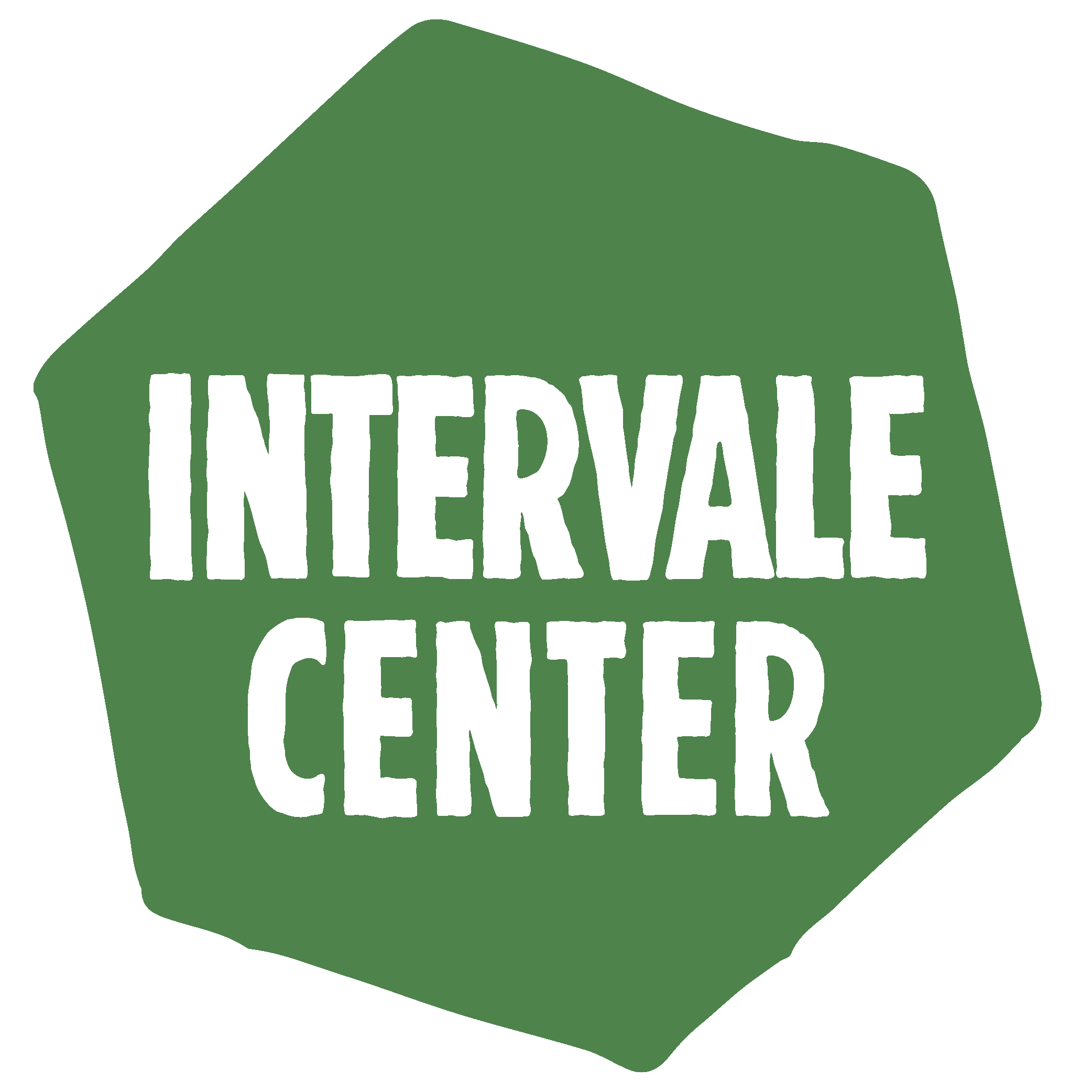Wood Frog Flowers: From Part-Time Dream to Full-Time Reality
By Emma Haberman
Emma is an undergraduate student at the University of Vermont and worked with the Intervale Center as part of a capstone communications project.
Five years ago, farmer Marya Merriam started growing, drying, and selling flowers to serve as a low-carbon source of joy in the winter. What started in 2020 as a creative passion to supplement a 55-hour workweek at a dairy farm quickly flourished into Wood Frog Flowers. In 2023, Wood Frog transitioned from Marya’s side gig to their main operation where they now sell certified organic dried flower arrangements, fall pansy arrangements, holiday balsam wreaths, wholesale potatoes and winter squash, and also lead workshops. As Marya’s business expanded, they realized there was a need for bookkeeping support and were referred by a fellow farmer to the Intervale Center’s Farm Business Services Program.
The Intervale Center’s Farm Business Services Program works with between 120-130 farmers across Vermont each year. Historically, the program focused more on established farms, but there was a greater need for assistance with beginner farmers. Sam Smith, the Intervale Center’s Farm Business Director, identified supporting farmers early in their farming careers as one of the team’s primary goals. This way, they can help them develop a business plan and build the skill sets that farmers need to be successful. But this certainly isn’t all the program offers. The full breadth of the Farm Business Services includes business planning, financial analysis and coaching, succession and transfer planning, land access, bookkeeping, marketing, and loan preparation. These services focus on both short-term and long-term projects and are adopted based on individual farmer needs — all emphasize sustainability and climate resiliency. The best part? With funding from the Vermont Housing and Conservation Board through the Vermont Farm and Forest Viability program, the Intervale Center is able to offer all of these services completely free of charge.
In 2023, Marya was connected with Sara Armstrong Donegan, an Intervale Center Farm Business Specialist. Before Marya’s work with Sara, their bookkeeping had consisted of “one notebook and a pile of receipts.” As a result, Marya explains, “I just sort of had a gross income and a net income, but I didn’t have a way to analyze which of my ventures were profitable”, a vagueness many farmers struggle with.
This is where Sara and Marya’s work began: setting Marya up with free accounting software that allows for a more in-depth cash flow analysis. This analysis was extremely helpful considering Wood Frog’s recent expansion into wholesale squash and potatoes, more markets, and even classes.
Marya explained, “I'm excited that this winter I'll be able to really dig in and see, like, okay, what are the aspects of the business that are working? What are the things that I need to tweak? What are things I might not do next year because they actually don't make sense?” For example, within Marya’s new venture into potatoes, they are now able to set informed costs that include the cost of labor, as well as provide a detailed breakdown of those costs to clients. Not only does this ensure that Marya compensates themselves fairly, which can be challenging for a beginner farmer, but it also makes tax season a bit easier. In addition to financial planning assistance, Intervale Center’s Farm Business Services also set Wood Frog Flowers up with a marketing plan, including a beautiful website with avenues for class sign-ups and market schedules.
Although farms don’t have to be organic or utilize sustainable practices to work with the Intervale Center’s Farm Business Services, the program will generally steer them toward a sustainable direction. Sam Smith explained that he hasn’t worked with a single farm that wasn’t impacted by climate change. “Historically, financial viability was the key pillar of the planning process,” he describes, “Now, that’s not good enough. We have to integrate proactive climate resilience within the planning process.”
With Wood Frog Flowers being a certified organic farm, Marya agrees that sustainable practices are essential. They believe it is important to have as many certified organic farms as possible because, “it gives you a concrete block of farms that can demand things and are a coalition that can really say ‘these are needs in the small farm community’, because organic farms in Vermont tend to be smaller.” That being said, they recognize the logistical and financial barriers to gaining the organic certification. There are many farms that are engaging in sustainable practices, but don’t have the time or money to achieve a certification amidst the many other pressures on farmers. As Marya says about sustainability, “there’s many ways to do it”.
I asked Marya if Wood Frog Flowers had a philosophy that informed their agricultural process, and the idea of farming as a climate change mitigation strategy was a large part of it. In addition to environmental sustainability, the community must also consider human labor and its history within agriculture.
In Marya’s own words, “The whole reason I farm is because I know that our food system is subsidized by farm workers’ bodies, and for the most part, that means that our food system is subsidized by the bodies of immigrant laborers, mostly black and brown, who we asked to do, quite literally, back-breaking work to feed us at really cheap prices. And so I grew up with that very strong ethic that it is unfair to ask people to do this work for you, especially considering the conditions of most farm labor and the lack of legal protections like overtime pay, OSHA standards, etc.”
As the harvest season comes to an end and wreath season begins, the Wood Frog Flowers agenda is shifting in pace and focus. With the help of Sara and the Intervale Center’s Farm Business Services, Marya is looking forward to new opportunities for growth and internal analysis in a way that protects both our community and climate.


